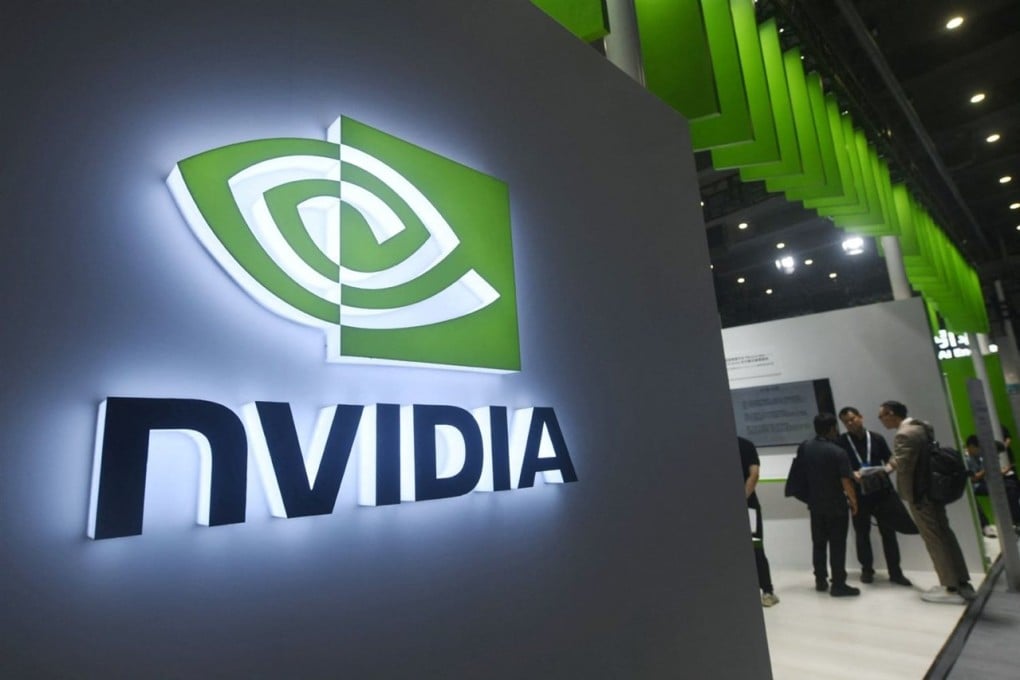Nvidia faces US$1 billion fine if China probe finds violation of antitrust laws, experts say
The investigation into Nvidia’s previously-approved Mellanox acquisition marks the first time that China’s market regulator has opened the books on a closed deal

China granted “conditional” approval for the deal in April 2020, noting that Nvidia agreed to supply its graphic processing unit (GPU) and connection products to the Chinese market based on “fair, reasonable, and non-discriminatory principles”, and that it would ensure their compatibility with other companies’ hardware.
However, Nvidia has restricted exports of its advanced GPUs to China to comply with US regulations, an act that displeased Beijing. The investigation into a previously-approved transaction marks the first time that China’s market regulator has opened the books on a closed deal.

Chinese media on Monday reported that Nvidia could face fines of up to US$1.03 billion, equal to 10 per cent of its China sales in financial year 2024, under the country’s antitrust law. The law stipulates that companies violating antitrust regulations can face fines ranging from 1 to 10 per cent of their annual sales from the previous year, although it does not specify whether this applies to global or China sales.
China, including Hong Kong, represents Nvidia’s third-largest market by revenue, with sales reaching US$10.3 billion for the financial year ended January 24, or nearly 17 per cent of its total revenue.